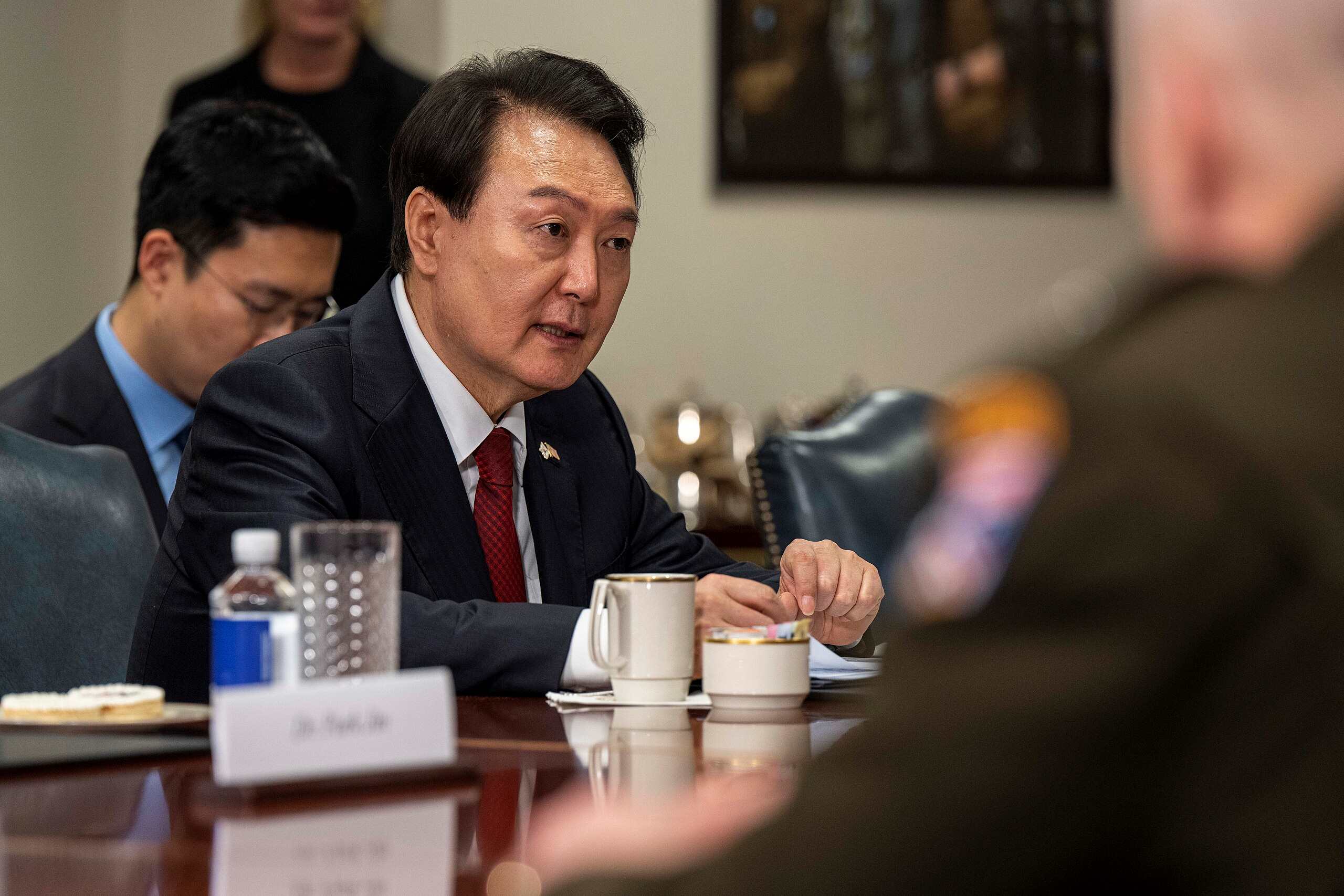On Tuesday night, South Korea was thrown into turmoil when President Yoon Suk Yeol declared martial law, marking the first such measure in nearly 50 years. The announcement, made during a late-night TV broadcast, cited growing threats from “anti-state forces” and North Korea. However, it quickly became apparent that the move was not merely driven by national security concerns but by Yoon’s need to strengthen his political grip amid rising opposition and dwindling approval ratings.
The declaration was met with immediate and widespread protests. Thousands of South Koreans gathered outside the National Assembly to challenge the president’s decision. Opposition lawmakers, who had been increasingly critical of Yoon’s leadership, led efforts to overturn the decree. Despite the military’s control over key government sites, including parliament, a vote was held and the martial law measure was voted down by 190 of 300 members in attendance. By the early hours of Wednesday morning, the president was forced to lift the order.
Martial law, a rare and extreme action, had not been declared in South Korea since 1979, when it followed the assassination of military dictator Park Chung-hee. Under such a decree, civil liberties are often suspended, and military authorities assume control of government functions, including limiting protests and controlling media coverage. Despite these measures, protesters continued to rally, and the media remained largely unaffected, reporting freely on the events as they unfolded.
Yoon’s decision came amid political pressures. His approval ratings had plummeted in the face of corruption scandals and discontent over his leadership. The opposition, now in control of the majority in parliament, had recently moved to impeach members of his cabinet and cut key government spending. With his government paralyzed, Yoon’s move to declare martial law was seen as a desperate attempt to consolidate power.
In the aftermath of the martial law controversy, calls for Yoon’s impeachment have gained momentum. A vote on the issue is expected soon, and if the motion succeeds, it could lead to a trial in South Korea’s Constitutional Court. If the impeachment is upheld, Yoon would join a small group of South Korean presidents to be removed from office, following the 2016 impeachment of Park Geun-hye. For now, Yoon’s political future hangs in the balance, as his presidency faces its most severe crisis in decades.


